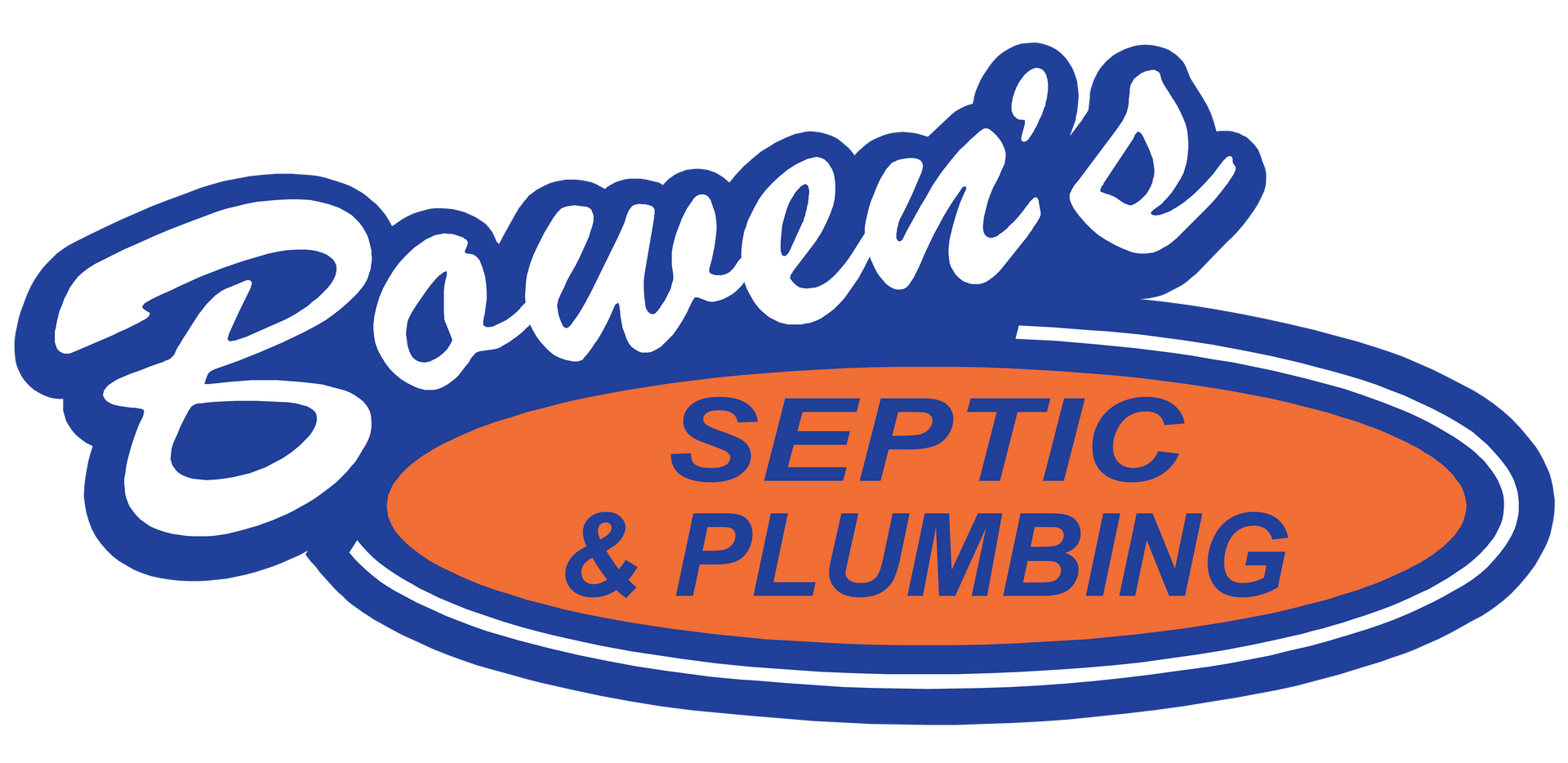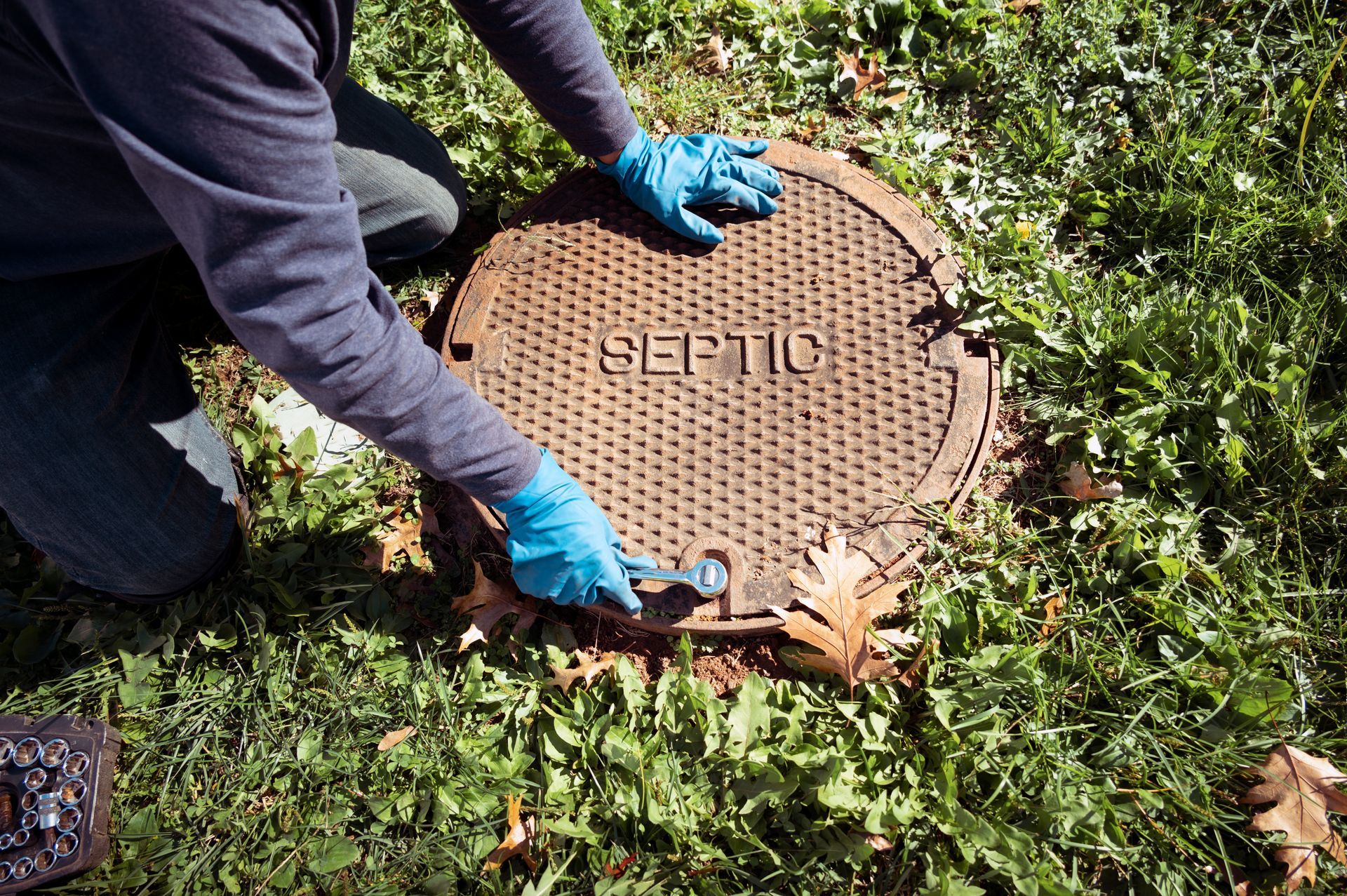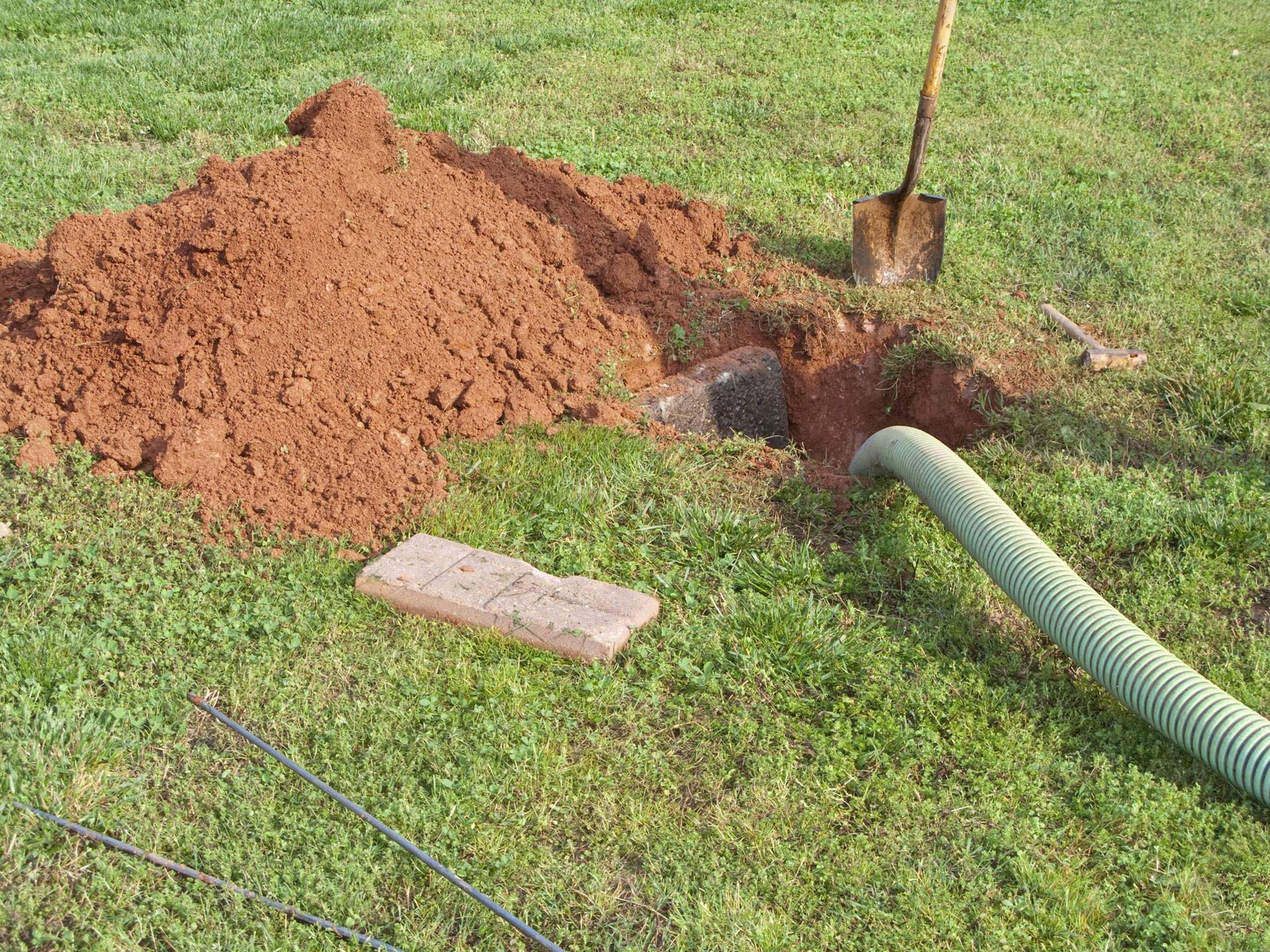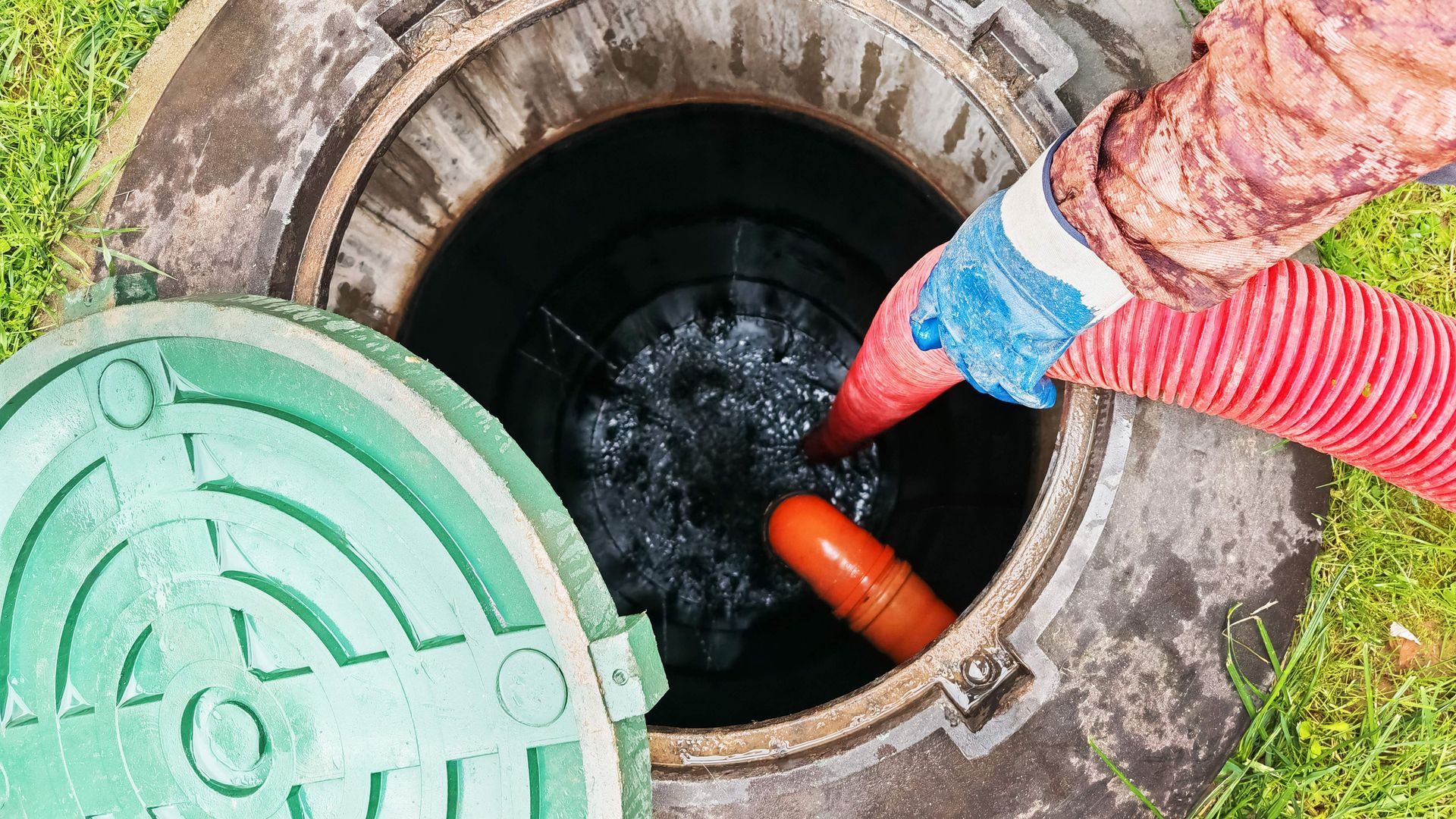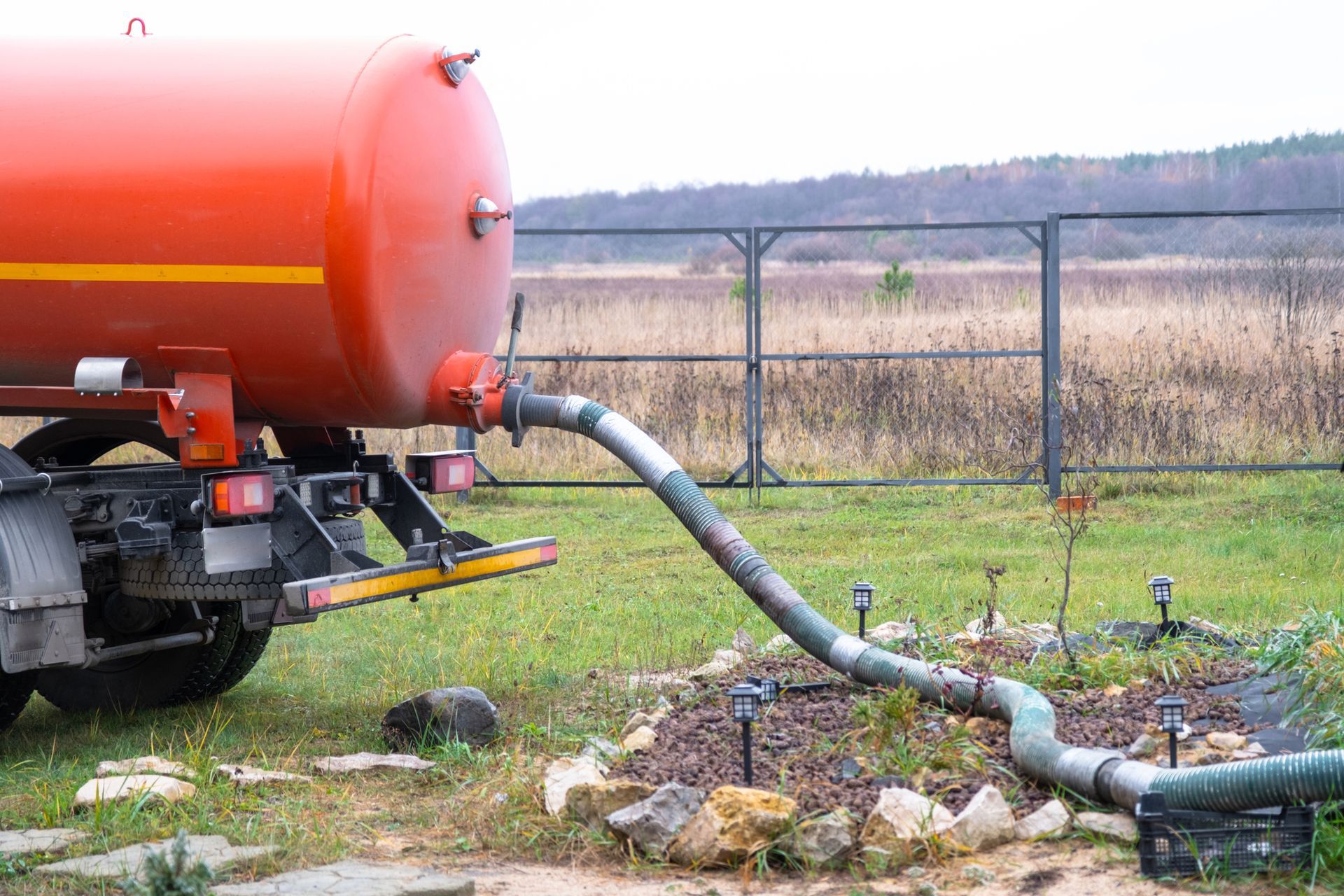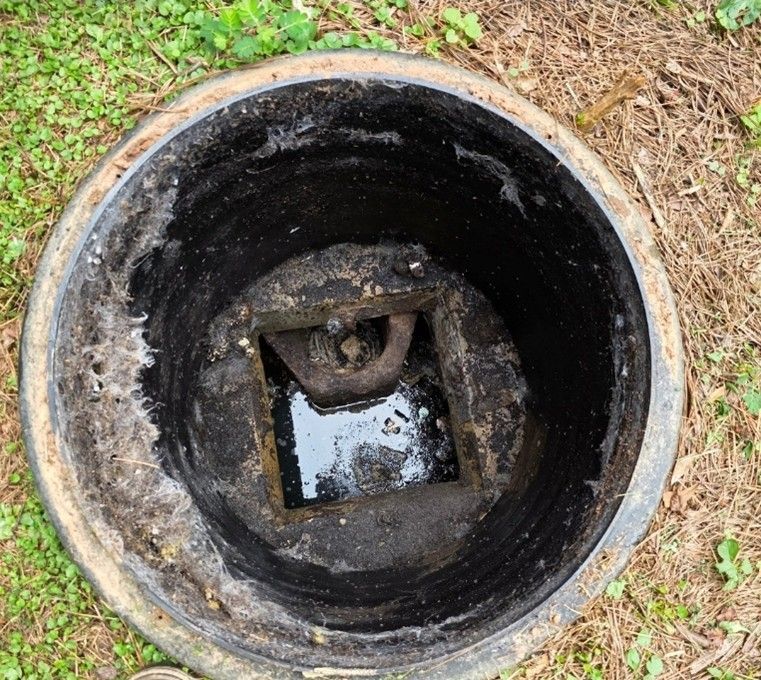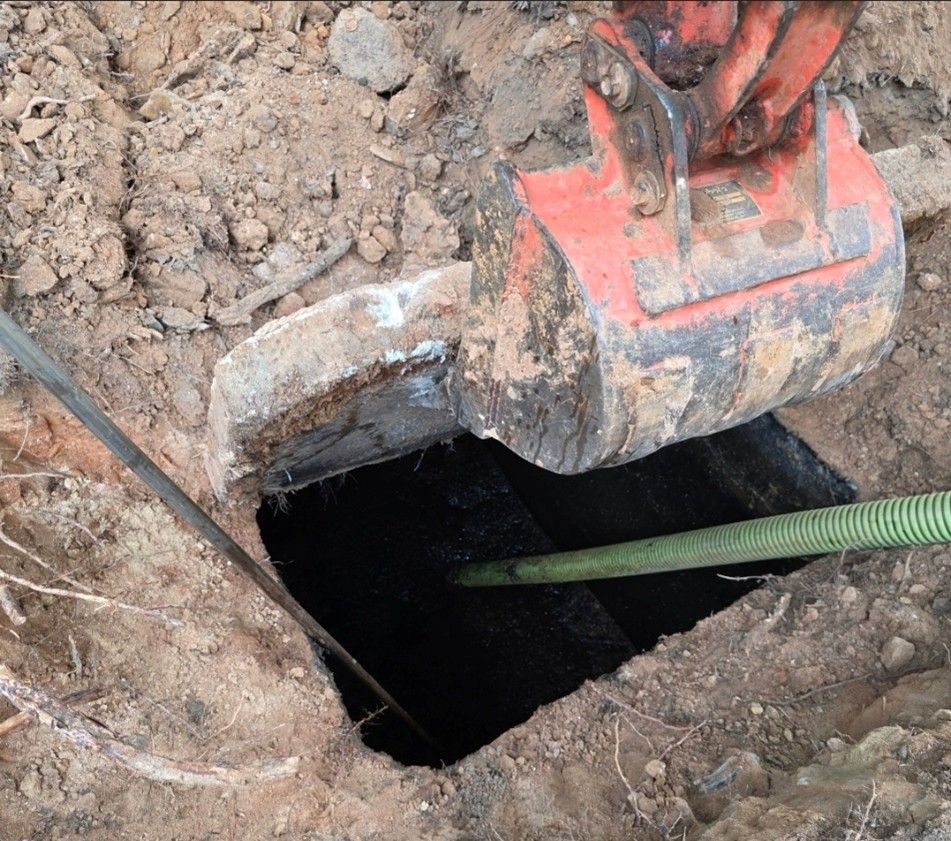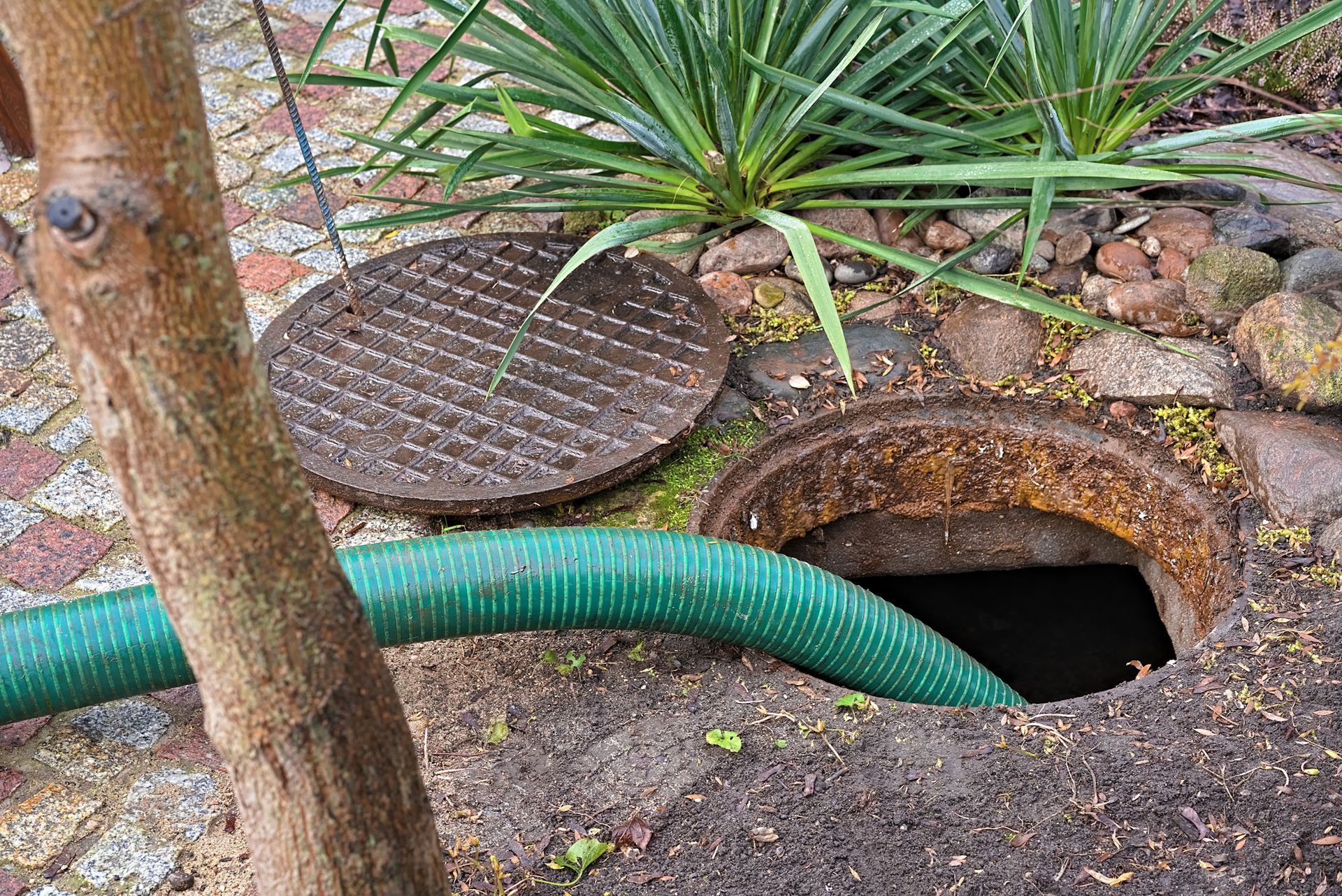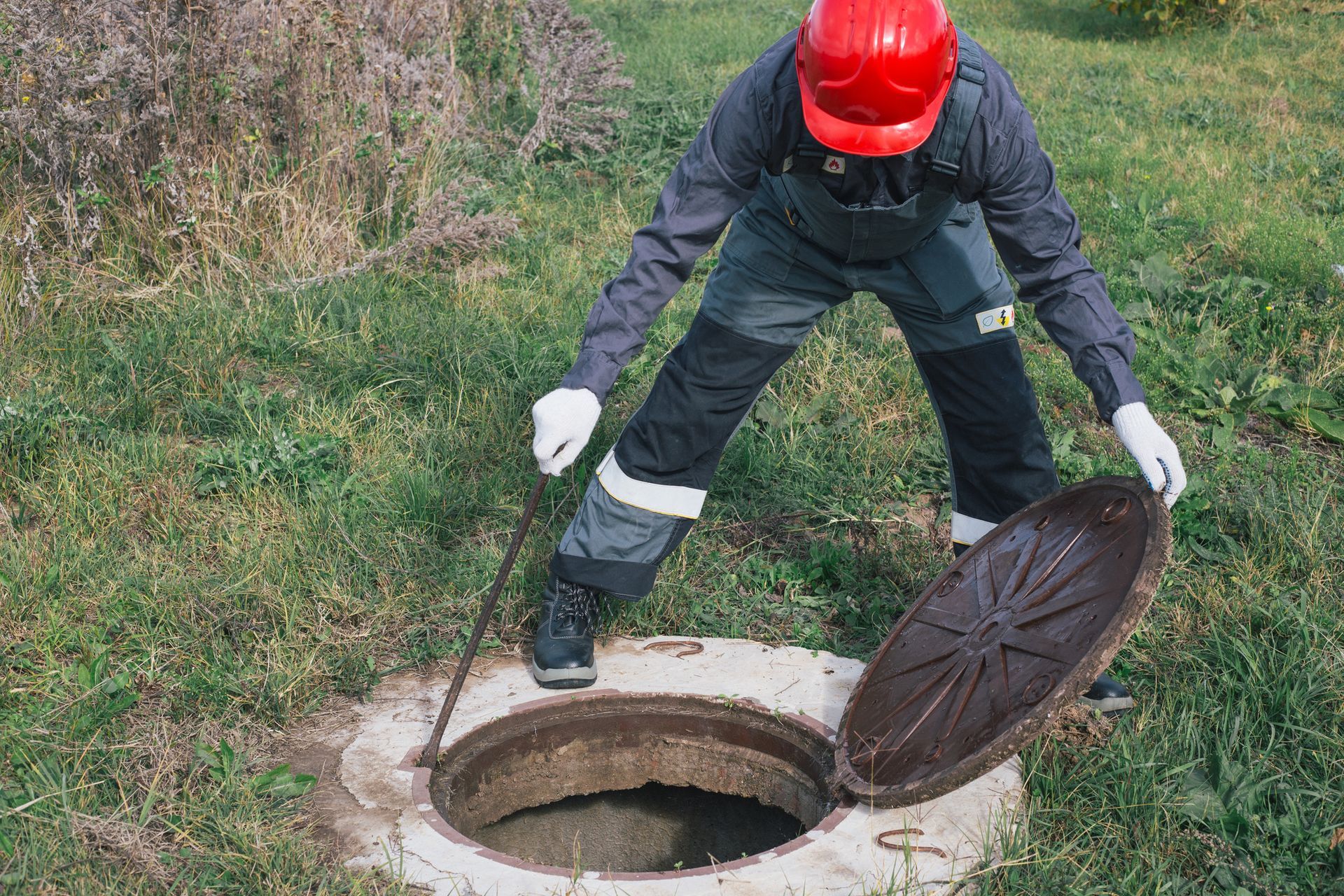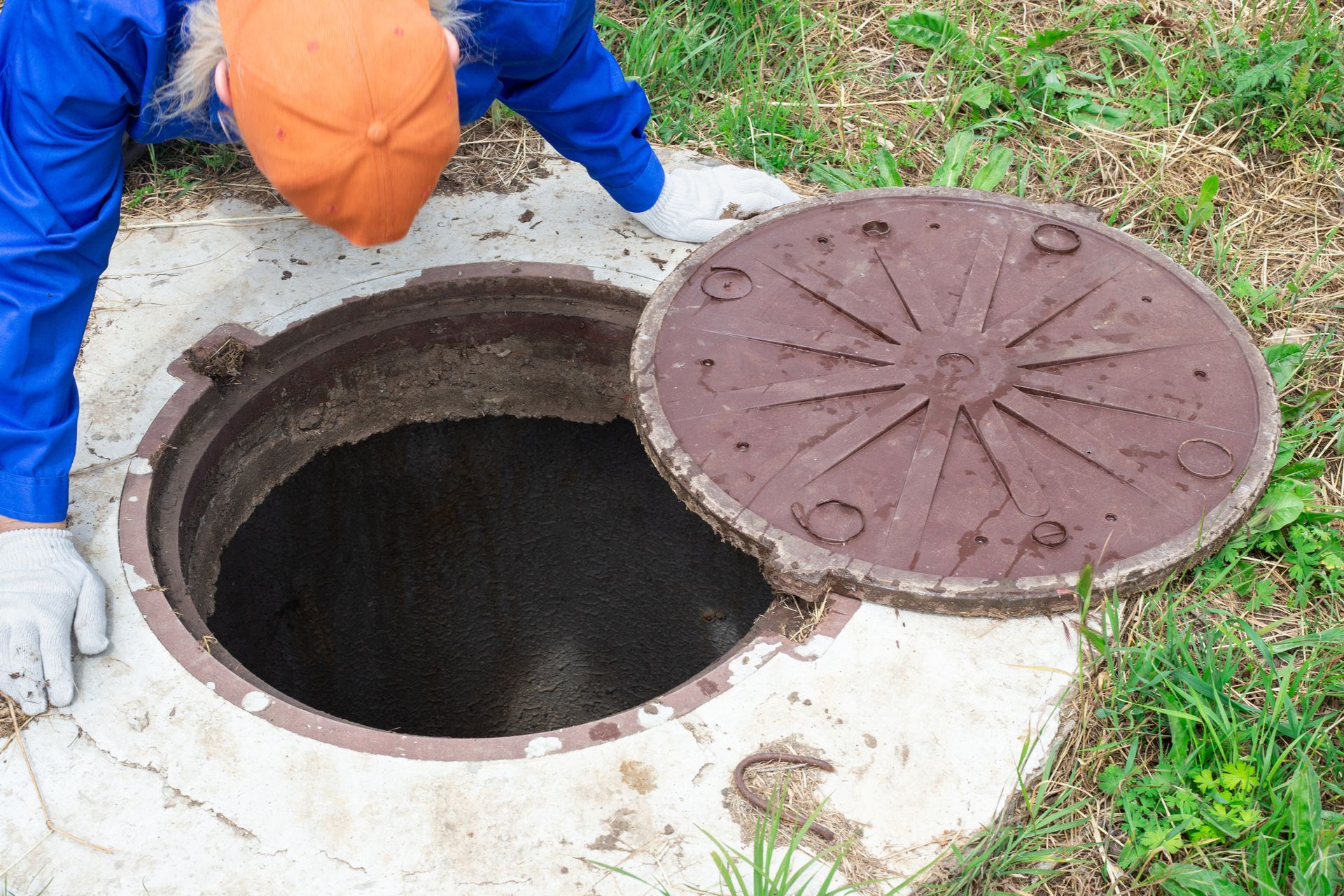Red Flags That Might Mean a Dangerous Septic System

A malfunctioning or defective septic system can be dangerous to your health. You should stay alert for warning signs so that you can take the relevant measures to stay safe. Below are some signs of a dangerous septic system.
Strong Odors
In a properly functioning septic system, the odor stays within the system and doesn't pollute your house or the environment. Sewer gases are a mixture of different gases with different dangers. Examples include:
- Methane that is flammable and can trigger fire
- Ammonia that can cause irritation, for example, of the eyes
- Hydrogen sulfide that is toxic to oxygen body organs
You should especially be wary if you can smell but not trace the source of sewer gases, you confirm that the smell is emanating from the septic or drain system, or the smell is overpowering.
Avoid open flames until you resolve the issue. For example, don't use a naked flame to investigate problems around the septic system.
Old Installations
Old or aging septic systems are dangerous even if they don't present obvious danger symptoms. The risk is especially high for aging systems whose users have abandoned it for a long time. Such old or abandoned systems are dangerous because:
- Their walls might collapse
- Their covers might cave in
- They might pollute the environment with untreated wastes
Don't use an abandoned septic system before an inspection. For example, if you buy a house with a disused septic system, contact a septic contractor to assess the system and apply relevant remedial measures.
Depressions
Whether your septic system is old or new, you should suspect a collapse if you notice a depression over the septic tank's location. Maybe the overlying weight has damaged the tank or its cover. Such damage might occur, for example:
- If someone has been driving over the septic tank
- If the septic tank's walls have collapsed
- If someone has operated heavy machinery over the tank's location
In such a case, rope over the septic tank's location and avoid walking over it until a septic technician inspects it.
Backups
A septic backup occurs if drain waste flows back into the house instead of flowing into the septic tank. Backups might occur if:
- The septic tank is too full, for example, due to irregular pumping
- The drainfield has failed, for example, due to flooding
- Something is blocking the septic drain lines
Septic backups are dangerous for several reasons. For example, the effluent can introduce dangerous microorganisms, circulate dangerous gases, and encourage mold. Don't use your septic system until you deal with the backup.
Past Amateur Servicing
Servicing the septic system is a professional's job. DIY service or maintenance is dangerous since:
- The service might damage the system and release toxic gases or effluent into the atmosphere
- Pumping the tank at the wrong time (for example, during flooding) can damage it
- The service might damage the electrical systems, such as the alarm
Don't use a septic system after DIY service. Get a professional septic technician to service the system before you can use it again.
Pooling Water
Lastly, you should be aware of a septic system with pooling water around it. The caution makes sense if you cannot blame the pooling water on other sources, such as melting snow or rainfall. Your septic tank is probably full in such a case, or the drainfield cannot handle its wastes.
The septic waste responsible for pooling water has numerous disease-causing microorganisms. Avoid the water until a septic technician inspects your system and fixes the situation.
Bowen's Septic Tank has over 30 years of experience in the septic service industry. Contact us
if you suspect that something is wrong with your septic system. We will use our skills and experience to diagnose and fix the malfunction.
